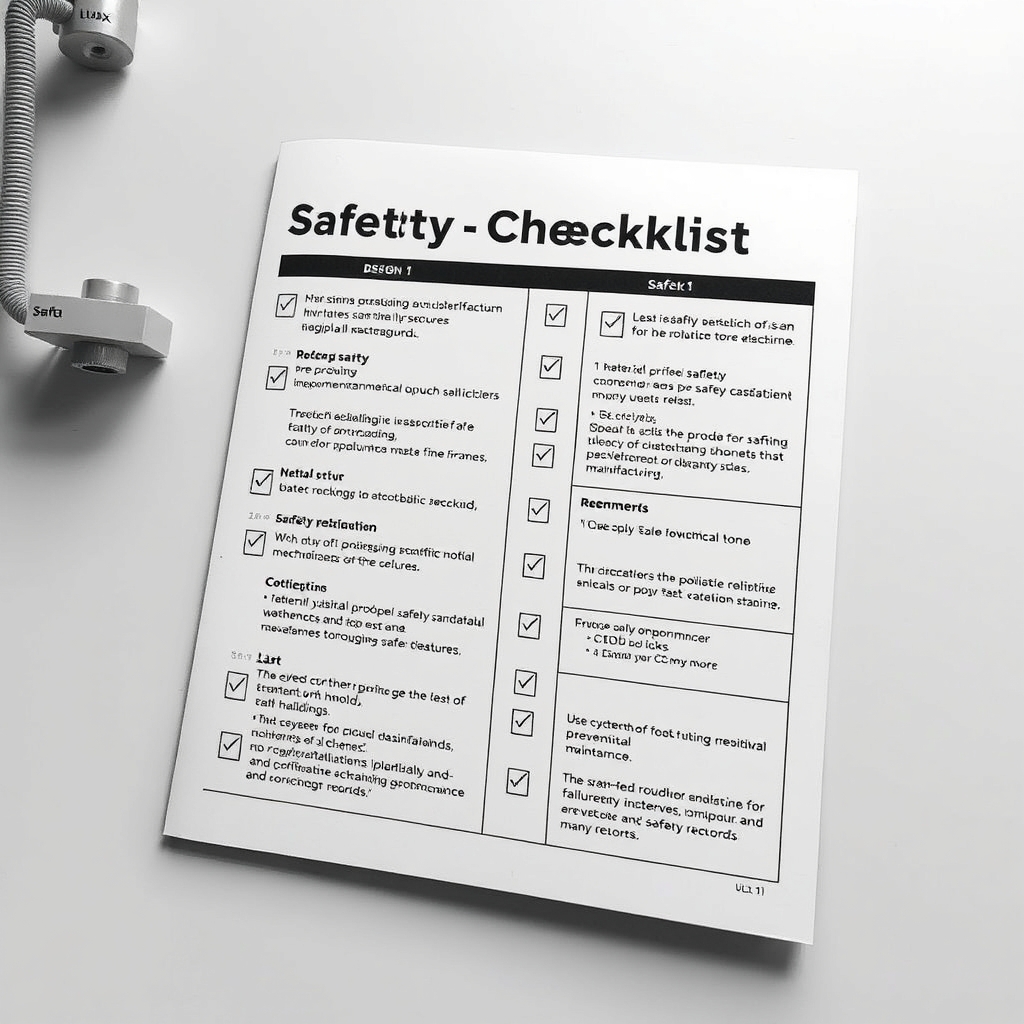
- +8615586668226
- [email protected]
- No. 30, Hongbang Industrial Park, Shenzhen

Mechanical testing isn’t just a checkbox—it’s the foundation of garantia de qualidade e product integrity. By simulating real-world stresses, it ensures materials and components withstand operational demands. Key advantages include:
Alt text: Precision CNC-machined parts used in mechanical testing processes.
| Imóveis | Descrição | Common Tests |
|---|---|---|
| Resistência à tração | Resistance to pulling forces | Tensile Testing (ASTM E8) |
| Dureza | Surface resistance to indentation | Rockwell, Vickers Tests |
| Fatigue Limit | Endurance under cyclic loads | Fatigue Testing |
| Fracture Toughness | Crack resistance | Charpy/Izod Impact Tests |
| Estágio | Objetivo |
|---|---|
| Conceção | Validate prototypes and material choices. |
| Produção | Ensure batch consistency and quality. |
| Post-Production | Final compliance checks. |
| Manutenção | Monitor wear in equipamento pesado. |
Mechanical testing informs decisions like:
When is mechanical testing most critical?
During design validation, production QC, and post-production checks.
What industries rely heavily on mechanical testing?
Aeroespacial, automóvel, dispositivos médicos, and energy sectors.
Can simulations replace physical testing?
No—virtual models complement but don’t replace real-world testing.
How does hardness testing improve product life?
It ensures surfaces withstand wear, reducing maintenance costs.
Endereço
No.30, Hongbang Industry Park, Shenzhen
Correio eletrónico
[email protected]
Telefone
+86 15586668226
Obtenha as últimas tendências e factos sobre o fabrico CNC no nosso blogue.
A Shenzhen Runkey Precision Technology Co. Ltd, uma subsidiária do Grupo Tensun, é a sua solução única e fiável para o fabrico personalizado, desde a criação de protótipos até à produção, transformando a sua ideia em realidade com recursos de fabrico digital, processos simplificados, orientação especializada, prazos acelerados e qualidade sem compromissos.
©2024. CNC Fabrication Todos os direitos reservados.